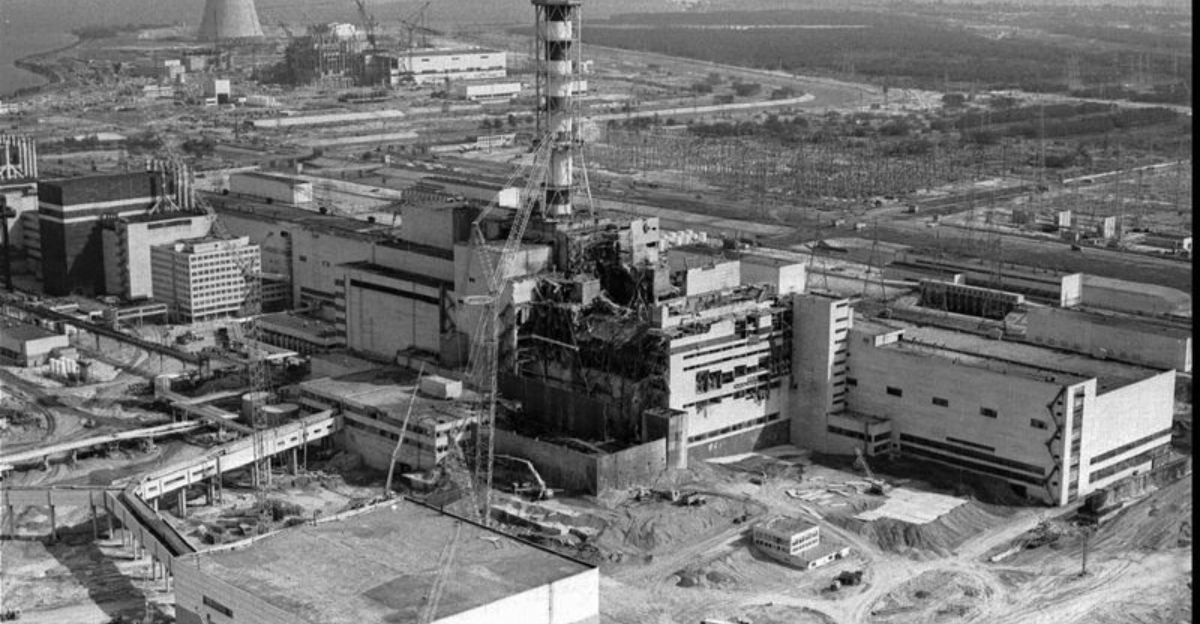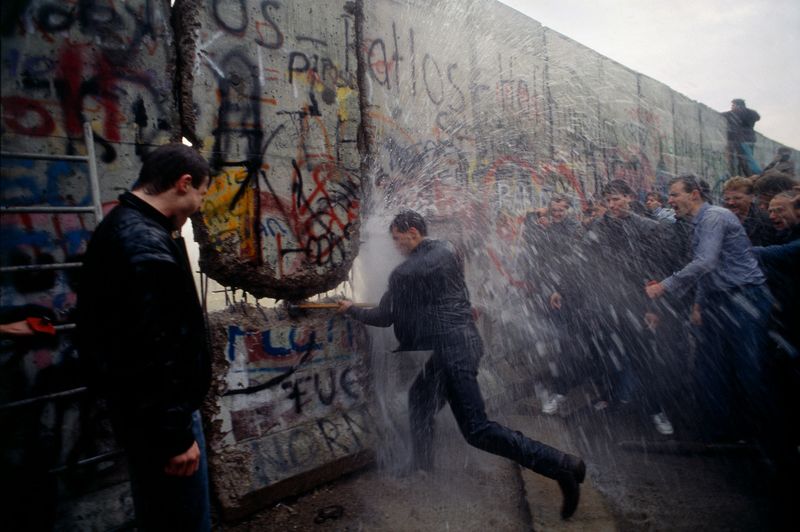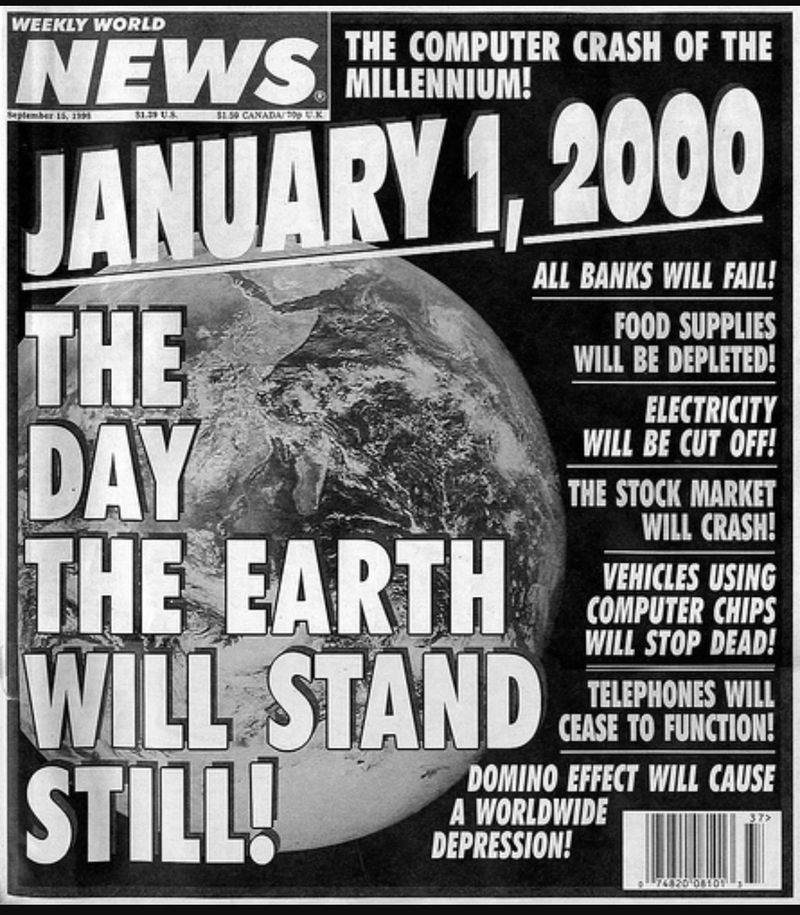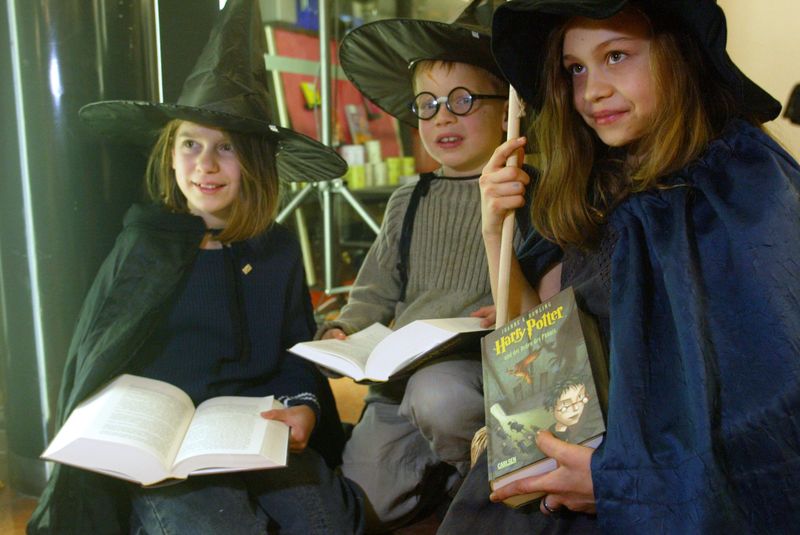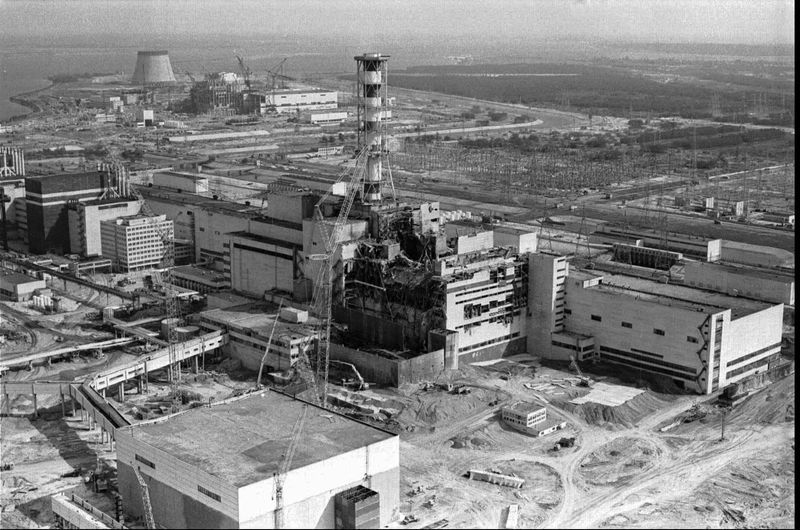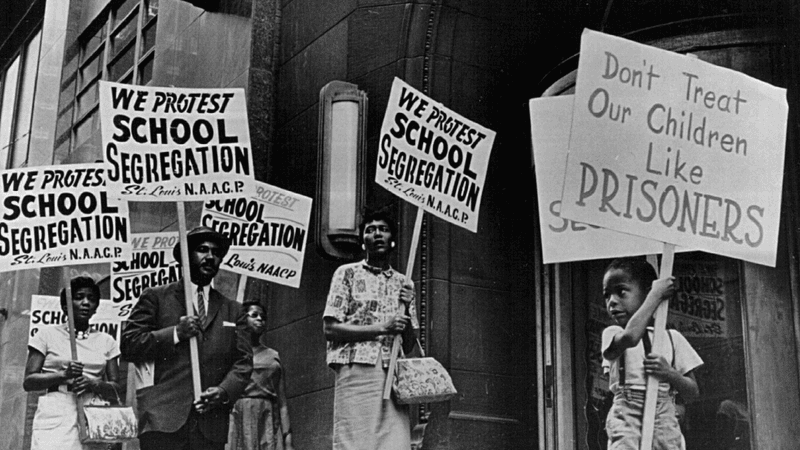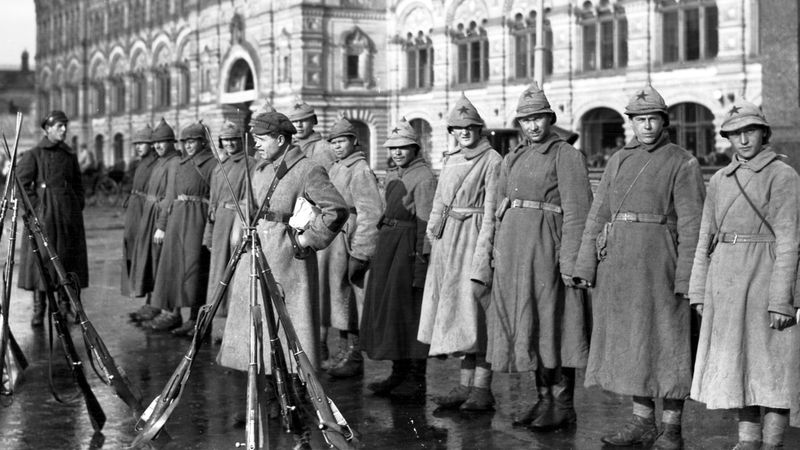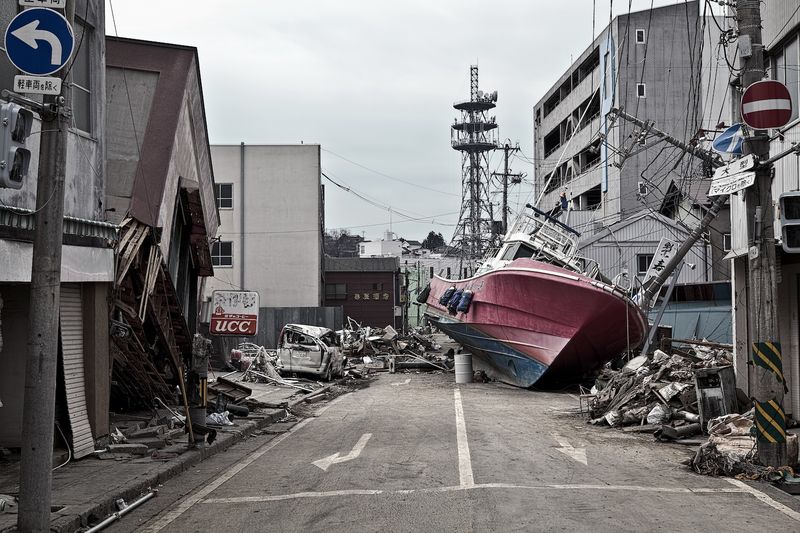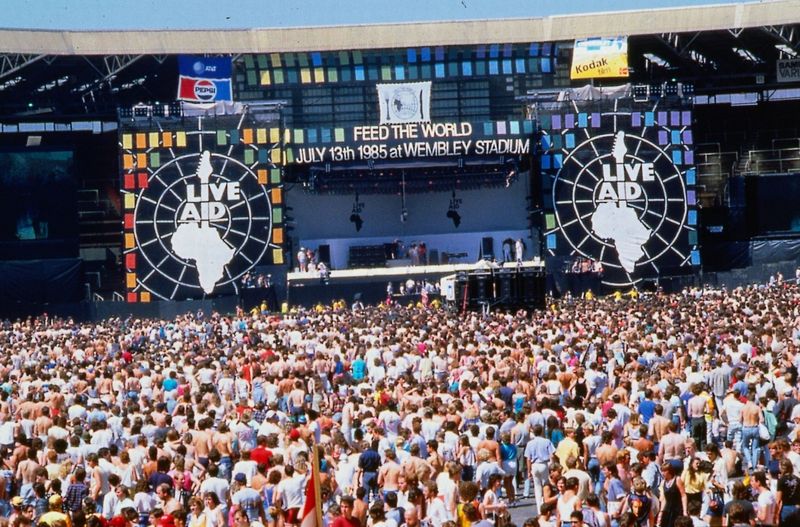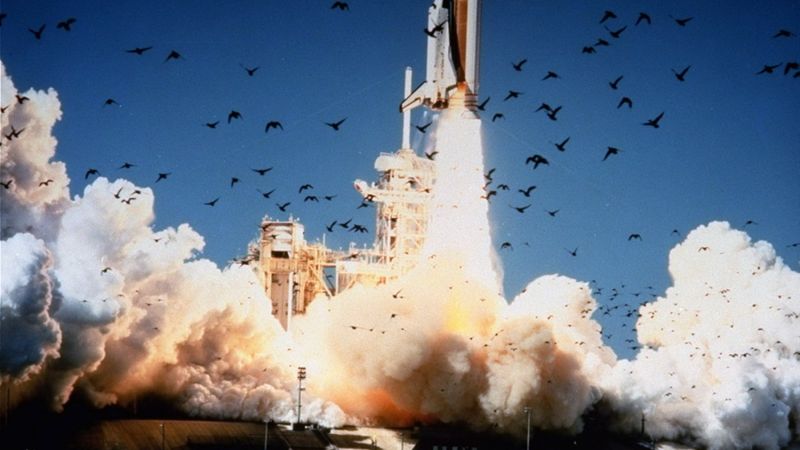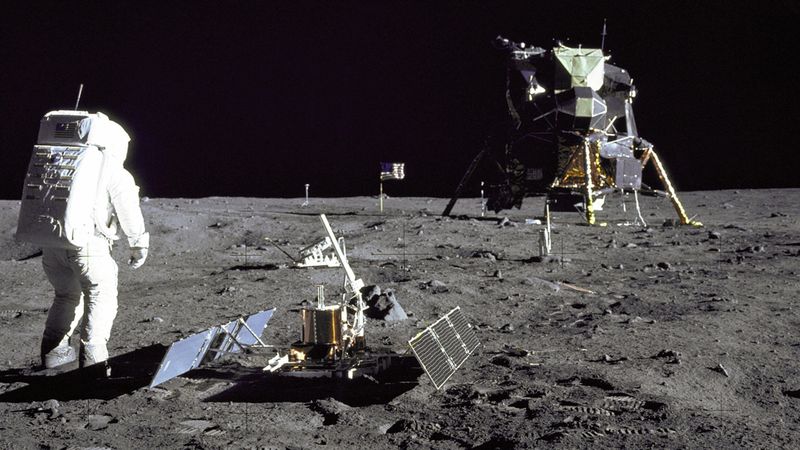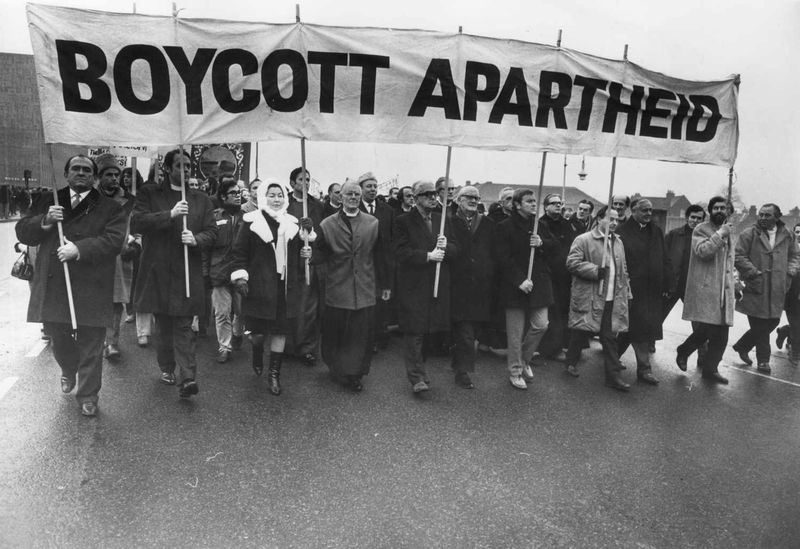Our childhoods were marked by a myriad of events that shaped who we are today. From technological breakthroughs to cultural milestones, these moments have left an indelible mark on us.
Join us as we journey through 15 historical events that defined your childhood, each bringing back memories of awe, wonder, and sometimes, introspection.
Whether it’s a global phenomenon or a personal experience, these events have contributed to the rich tapestry of our collective history.
1. The Fall of the Berlin Wall
The fall of the Berlin Wall in 1989 was a monumental event that symbolized the end of the Cold War. It marked the beginning of a new era of freedom and unity in Europe.
As the world watched, the concrete barrier that had divided East and West Berlin for nearly three decades came crumbling down.
This moment was not just a victory for the people of Germany but a testament to the power of hope and perseverance. It taught us that barriers, no matter how strong, could be overcome.
2. The Launch of the Internet
The launch of the internet transformed our world in unimaginable ways. In the early days, the internet was a mysterious and exciting new frontier. It opened up a realm of possibilities for communication and information sharing.
From the dial-up modem’s screeching tones to the novelty of email, it was a thrilling time of discovery.
The internet has since evolved into an integral part of our daily lives, but those formative years were a defining period of exploration and innovation. It connected us in ways we could never have imagined.
3. The Y2K Scare
As the world approached the year 2000, fears of the Y2K bug gripped everyone. People were concerned that computer systems would fail as the millennium turned.
Businesses and governments scrambled to prepare for potential chaos. It was a time of uncertainty and heightened anxiety, as midnight approached on New Year’s Eve.
When the clock struck 12, and nothing catastrophic occurred, relief was palpable. The Y2K scare taught us valuable lessons about preparedness and the importance of technology in our lives. It was a defining moment of the digital age.
4. The Rise of Social Media
The rise of social media platforms like MySpace and Facebook revolutionized how we connect with others. These platforms became virtual meeting places where friendships were born and maintained.
Social media offered a new way to express ourselves, share experiences, and stay connected with loved ones.
It also introduced new challenges, such as privacy concerns and the pressure to maintain an online persona. Despite these challenges, social media became an integral part of our daily lives, forever changing how we interact with the world and each other.
5. The Harry Potter Phenomenon
The Harry Potter series captivated the imaginations of children and adults alike. J.K. Rowling’s magical world of wizards and adventure was a cultural phenomenon.
Midnight book releases and movie premieres became events of their own, drawing massive crowds. Fans eagerly awaited the next installment, discussing theories and sharing their love for the series.
Harry Potter taught us about friendship, bravery, and the power of imagination. It transported us to a world where anything was possible and inspired a generation to believe in magic. It was truly a defining part of childhood.
6. The Chernobyl Nuclear Disaster
The Chernobyl nuclear disaster occurred on April 26, 1986, in the Soviet Union, marking one of the most catastrophic nuclear accidents in history. The event’s aftermath reached far beyond the immediate area, with children across the world learning about nuclear safety and the environment.
Schools integrated the event into their curricula, sparking widespread interest and concern about nuclear power. The disaster also became a topic of many documentaries and books, further imprinting its significance on young minds.
The Chernobyl disaster was a grim reminder of technological fallibility, shaping a more cautious perspective on scientific advancements during many children’s formative years.
7. The Civil Rights Movement
The Civil Rights Movement in the United States was a pivotal time in history that profoundly impacted social justice movements worldwide. Figures like Martin Luther King Jr. and Rosa Parks became symbols of courage and the fight for equality.
As children learned about this era, the stories of nonviolent resistance and powerful speeches inspired a sense of justice and moral integrity. These lessons were often reinforced through school curricula and community discussions.
This movement underscored the importance of standing up for what is right and the power of collective action. Its legacy continues to influence contemporary social justice efforts, reminding us that change is possible.
8. The Global Financial Crisis
The global financial crisis of 2008 was a turning point in economic history. It began with the collapse of financial institutions and led to widespread economic hardship.
Many people faced job losses and financial instability, as economies around the world struggled to recover. This crisis highlighted the vulnerabilities in the financial system.
It also sparked discussions about regulation and reform. The global financial crisis reminded us of the interconnectedness of economies and the importance of financial responsibility. It was a defining moment that reshaped financial landscapes worldwide.
9. Fall of the Soviet Union
The dissolution of the Soviet Union in 1991 was a monumental event that reshaped global politics. For children growing up during this period, it was a lesson in political change and historical shifts. The end of the Cold War era brought with it a sense of newfound freedom and hope.
As nations gained independence, cultural exchanges flourished, enriching the childhoods of many with new ideas and traditions. This transition period was marked by both challenges and opportunities, influencing the worldview of those coming of age at that time.
For many children, the fall of the Soviet Union was not just a historical event but a personal experience, as they watched the world around them change significantly.
10. The Arab Spring
The Arab Spring of 2010-2011 was a wave of protests and revolutions in the Arab world. It was sparked by demands for political change and social justice.
These movements challenged authoritarian regimes and called for democracy, inspiring hope for a better future.
The Arab Spring highlighted the power of grassroots activism and the impact of social media in mobilizing change.
While the outcomes varied, it marked a defining moment in the quest for freedom and human rights. It reshaped the political landscape of the region and left a lasting impression on the world.
11. The Fukushima Nuclear Disaster
The Fukushima nuclear disaster in 2011 was a stark reminder of the risks associated with nuclear energy. Triggered by a massive earthquake and tsunami, it led to widespread evacuation and contamination.
The disaster raised questions about nuclear safety and energy policies worldwide. It prompted debates on the balance between energy needs and environmental concerns.
Fukushima highlighted the importance of preparedness and the need for robust safety measures. It was a defining event in the discourse on nuclear energy, influencing policies and perceptions globally.
12. Live Aid Concert
On July 13, 1985, the Live Aid concert united the world in a global effort to combat famine in Ethiopia. Broadcasted to millions, it featured performances by some of the biggest names in music and raised significant funds for the cause.
For many children, this event was their first exposure to the power of collective action and the role of celebrities in philanthropy. The music and messages of hope inspired a generation to believe in the possibility of change.
The Live Aid concert was more than a musical event; it was a cultural phenomenon that inspired young minds to consider their impact on the world and the importance of helping others.
13. The Challenger Space Shuttle Disaster
On January 28, 1986, the Challenger Space Shuttle disaster shocked the world. Many children watched the launch live, as it was broadcast in schools across the United States. The catastrophic explosion just 73 seconds after liftoff had a profound impact on a generation.
The tragedy highlighted the risks of space exploration and led to significant changes in NASA’s policies and procedures. It was a moment that taught children about the fragility of human endeavors and the importance of safety and perseverance.
For those who witnessed it, the Challenger disaster became an unforgettable part of their childhood, sparking discussions about science, space, and the value of human life.
14. The Moon Landing
The Moon Landing in 1969 was a pivotal moment that captured the imagination of millions worldwide. Families gathered around their televisions to witness mankind’s first steps on the lunar surface. This event not only signified a monumental achievement in human history but also inspired generations to dream beyond the stars.
As children, hearing stories of astronauts like Neil Armstrong and Buzz Aldrin walking on the moon sparked curiosity and wonder. The phrase “one small step for man, one giant leap for mankind” became a mantra for exploration and progress.
Even today, the iconic images of the moon landing remain a symbol of human potential and the power of dreams. It encouraged many to pursue careers in science and technology, driven by the belief that anything is possible.
15. The End of Apartheid
The end of Apartheid in South Africa marked a significant turning point in the struggle for racial equality. Nelson Mandela’s release from prison and subsequent election as President symbolized hope and change.
For children growing up in this era, Mandela’s story was one of resilience and forgiveness. His leadership and vision for a united country taught invaluable lessons in empathy and understanding.
This event highlighted the importance of standing up against injustice and the possibility of overcoming deep-seated divisions. Mandela’s legacy continues to inspire movements for equality and justice worldwide.
